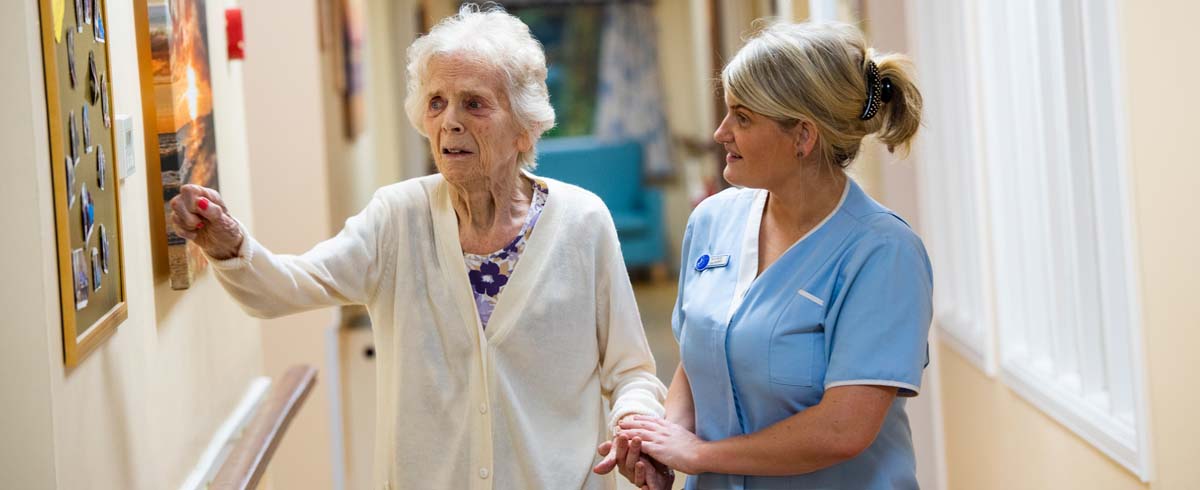Dementia is a challenging condition that affects millions of individuals worldwide. Providing proper care for loved ones with dementia can be emotionally and physically demanding. In this blog post, we’ll explore expert insights on dementia care to help you navigate this journey with more confidence and compassion.
Understanding Dementia:
Dementia is not a single disease but a term used to describe a group of cognitive impairments characterized by memory loss, confusion, and a decline in thinking abilities. It’s crucial to understand the different types of dementia, including Alzheimer’s disease, vascular dementia, and Lewy body dementia. Dementia typically progresses through stages, each with its unique challenges, making expert guidance invaluable.
The Role of Caregivers:
Family members often take on the role of caregivers for loved ones with dementia. While this can be a rewarding experience, it can also be emotionally taxing. Caregivers play a vital role in providing companionship, assistance with daily tasks, and emotional support. It’s essential to recognize the challenges caregivers face and the need for support and respite.
Expert Insights on Dementia Care:
To gain a deeper understanding of effective dementia care, we reached out to experts in the field. Dr. Sarah Johnson, a renowned neurologist specializing in dementia, shared her insights: “A holistic approach that combines medical care, a dementia-friendly environment, and a focus on emotional well-being is crucial. Patience, empathy, and communication are the cornerstones of effective caregiving.”
Creating a Dementia-Friendly Environment:
Adapting the home environment is essential for the safety and comfort of dementia patients. Dr. Michael Evans, a geriatric specialist, advises, “Remove hazards, install handrails, and use labels to make daily tasks easier. Familiarity and routine can reduce anxiety.”
Communication Strategies:
Effective communication is vital when interacting with someone with dementia. According to Dr. Lisa Anderson, a clinical psychologist, “Use clear and simple language. Maintain eye contact, and be patient. Listening actively and validating their feelings can reduce frustration.”
Daily Care and Activities:
Engaging activities and routines can enhance the quality of life for dementia patients. Experts recommend activities such as art therapy, music therapy, and reminiscence therapy. Dr. Robert Davis, a dementia care consultant, notes, “Tailor activities to the individual’s interests and abilities. These activities can stimulate cognitive function and provide emotional comfort.”
Managing Behavioral Changes:
Dementia often leads to behavioral changes like agitation and aggression. Dr. Karen Martinez, a psychiatrist specializing in geriatric psychiatry, advises, “Identify triggers and respond with a calm demeanor. Redirecting their attention or providing a soothing environment can help manage challenging behaviors.”
Support Resources:
Caregivers should never feel alone in their journey. Numerous resources are available, including support groups, online forums, and organizations like the Alzheimer’s Association. These resources offer valuable information, emotional support, and a sense of community for caregivers.
Takeaway
Caring for a loved one with dementia is a profound responsibility that requires understanding, patience, and expert guidance. By incorporating insights from professionals in the field, we can create a more nurturing environment and improve the quality of life for those living with dementia. Remember, you are not alone on this journey, and seeking support is a sign of strength.












